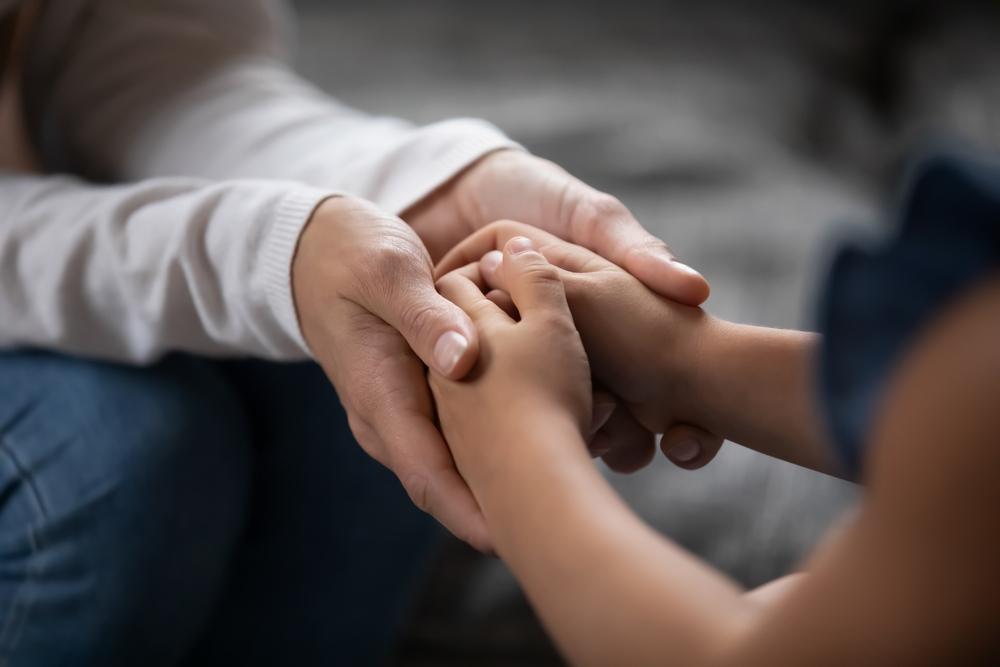
Proposed changes to how Oregon cares for children with developmental and behavioral health needs in the state’s child welfare system moved forward this week in a bill that supporters hope will loosen constraints on the state’s overburdened child welfare system despite concerns that the bill would allow more children to be sent out of state.
Sponsored by Democratic Rep. Rob Nosse, House Bill 3835A modifies laws in restraining and secluding children in child care facilities, including children with developmental disabilities and those in foster care. At more than 100 pages long, the measure changes some definitions, outlines when restraint or seclusion may be used, and establishes when a situation would warrant investigation by the state.
The bill stems from two years of work by a state advisory council trying to address a critical shortage of behavioral health providers for children in the state’s custody.
Supporters say the changes are needed to correct overregulation that has reduced access to care options, including those that are out of state. Opponents, however, say the bill goes too far and opens up the potential for abuse while limiting accountability.
On Wednesday, an amended version of the bill narrowly cleared the House rules committee on a 4-3 vote. It now goes before Ways and Means, which already has a full load of bills to process before the end of the regular session this month.
Individual providers and several behavioral health organizations, including The Oregon Psychiatric Physicians Association, the Oregon Council of Child & Adolescent Psychiatry and the Tri-County Behavioral Health Providers Association have come out in support of the bill.
They say the regulations put in place after reports of abuse and neglect in the state’s child welfare system went too far, and that clarifying rules for caretakers on what defines abuse would alleviate the liability fears that have kept frontline workers from taking action in crisis situations, and even driven some from the business altogether. They also support loosening some restrictions on out-of-state care that would increase access to special needs treatment that’s lacking in Oregon.
In the past 10 years, the state has seen a 41% reduction in licensed residential facilities that provide children and youth with behavioral or psychiatric treatment, going from 90 to 53 facilities, according to the state Department of Human Services. Oregon has also lost more than half of its programs that certify foster parents who provide specialized behavioral health treatment and support, going from 31 to 14 programs.
According to DHS, without appropriate places to go, many of Oregon’s at-risk children are stuck waiting in emergency departments or temporarily staying in hotels.
Democratic Rep. Hai Pham of Hillsboro, vice-chair of the committee, said he has been in discussions about making improvements to the state child welfare system since 2018, and said the status quo wasn’t working.
“Fast forward seven years from 2018, things haven’t really changed. Things have gotten worse,” Pham told the committee. “There’s less facilities and wrap-around services for kids to get the care that they need. .. I find that (this bill) moves the needle forward just enough to get care for these kids.”
A recent amendment to address some concerns “made no significant changes whatsoever” to the substance of the bill, Sen. Sara Gelser Blouin told The Lund Report. Gelser Blouin, a Democrat, has been a leading critic of the bill, and spoke at length against the committee Wednesday.
Gelser Blouin and others opposing the bill — which include the group Disability Rights Oregon, the Developmental Disabilities Coalition, and the chairs of both the House and Senate human services committees — cite the state welfare system’s tragic history in sending children to out-of-state facilities. Prior to changes in the law, DHS routinely placed children in out-of-state care, and by 2019, it acknowledged it had 84 youths in out-of-state facilities, ages 9-18, across 11 states.
That ended in scandal after numerous reports of serious abuse and neglect were brought to light, leading to a lengthy class-action lawsuit against the state and ultimately changes to state law that ended the practice.
“The way this bill is drafted, every program that was used before, every placement that was used before, could happen again and with less oversight than what we had in place at the end of the time we stopped sending kids away,” Gelser Blouin told The Lund Report.
But DHS asserts that the out-of state options are needed because there are currently not enough providers in Oregon to serve the level of needs the state has, and strict oversight requirements remain in place with the new bill.
In 2023, Mental Health America ranked Oregon dead last among other states in terms of its access to mental health services for youths. The changes, DHS maintains, will allow children who are in the state’s child welfare system the same options as children on the Oregon Health Plan or private insurance, who can choose to go out of state for care.
But Committee member Republican Lucetta Elmer of Salem, who voted no, said she felt that the numerous issues raised in the bill needed more discussion.
“I truly have been leaning toward that “yes” vote, but this morning I’m going to have to be a “no” in hopes that we continue the conversation and get it right, and we don’t create a bill that’s so big that there are unintended consequences that we’re hurting kids,” Elmer told the committee before voting.
If the bill clears the Ways and Means Committee, it goes to the full House for a vote. The state legislature is set to conclude business this session on June 29.


